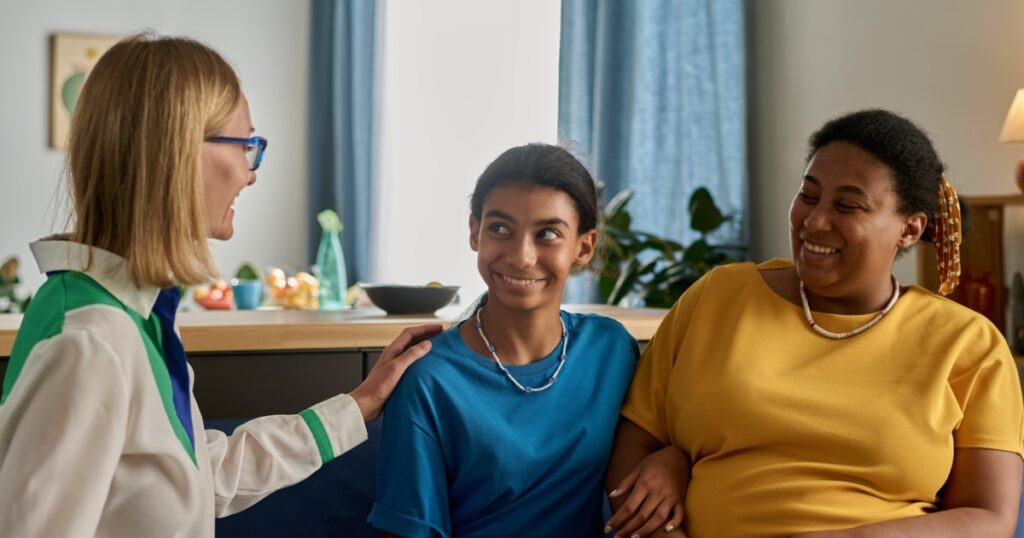Australia Allocates $3.5 Million for Health Literacy Among Migrant and Refugee Women
In a commendable move towards empowering women, the Australian government has announced a funding initiative of $3.5 million aimed specifically at enhancing health literacy among migrant and refugee women. This initiative recognizes the unique challenges these women face in accessing healthcare services and information in a new country.
The Importance of Health Literacy
Health literacy plays a crucial role in enabling individuals to make informed decisions about their health and well-being. For migrant and refugee women, barriers such as language differences, cultural misunderstandings, and unfamiliarity with the healthcare system can significantly impact their ability to seek and receive appropriate medical care.
Targeted Funding for Tailored Programs
The funding will support a variety of community-based programs that are designed to cater to the specific needs of these women. By focusing on culturally competent approaches, the initiative aims to provide resources and education that resonate with their diverse backgrounds and experiences.
Empowering Women through Education
Through this investment, the Australian government aims to foster a sense of empowerment among migrant and refugee women. Increased health literacy will not only enhance their understanding of healthcare services but also encourage them to advocate for their health needs and the health of their families.
Collaboration with Community Organizations
The initiative will involve partnerships with local community organizations and healthcare providers. By leveraging existing networks and expertise, these collaborations will ensure that the programs are effective and reach as many women as possible. This collaborative approach is vital in building trust and encouraging participation from target groups.
A Broader Impact on Community Health
Enhancing health literacy among migrant and refugee women contributes to broader community health outcomes. When women are informed and engaged in their health, they are better able to support their families and improve the overall health of their communities. This funding not only aims to uplift individual women but also seeks to create a healthier, more educated society.
Conclusion
The investment of $3.5 million by the Australian government for the health literacy of migrant and refugee women is a significant step towards creating an inclusive healthcare environment. By focusing on education and empowerment, this initiative paves the way for improved health outcomes and a stronger community.


